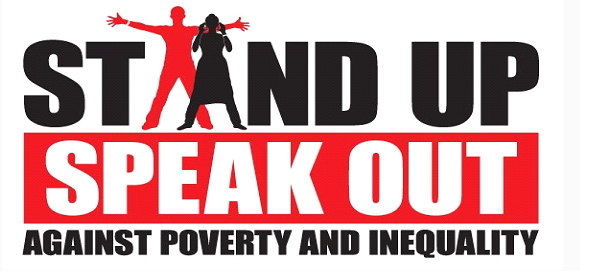40 crore Indian workers are sinking into poverty due to COVID-19
In India, with a share of almost 90 per cent of people working in the informal economy, about 400 million workers or 40 crores in the informal economy are at risk of falling deeper into poverty during the crisis.
About 40 crore workers in India working in the informal economy are at risk of falling deeper into poverty during the COVID-19 pandemic crisis. The International Labour Organisation (ILO) said in a report today that the COVID-19 pandemic is affecting 2.7 billion workers globally due to lockdowns.
COVID-19 is already affecting tens of millions of informal workers. In India, Nigeria and Brazil, the number of workers in the informal economy affected by the lockdown and other containment measures is substantial.
COVID-19 is now also impacting the developing world, where capacities and resources are severely constrained. Through the massive economic disruption, the COVID-19 crisis is affecting the world’s workforce of 3.3 billion.
Half a billion people face poverty after COVID-19
It is estimated a 400-600 million increase in the number of people in poverty across the globe as a result of the pandemic, was drafted by the United Nations University and written by experts at King’s College London and Australian National University (ANU).
The ‘Emergency Rescue Package for All’ published, would enable poor countries to provide cash grants to those who have lost their income and to bail out vulnerable small businesses.
While European and North American countries have already announced financial rescue programmes for industry, small businesses and individuals suffering losses as a result of the lockdown imposed to control the COVID- 19 pandemic, developing countries are facing more devastating economic hits after imposing their own curfews and restrictions.
The NGO has also called for a programme of ‘helicopter money’ from the European Central Bank: cash payments directed to all individuals in member states affected by the crisis. This would help people, companies and the economy cope with the decrease in economic activity, support workers’ income and prevent deflation.
To fund their economic stimulus programmes, EU member states should agree on an EU solidarity wealth tax, coordinated in every country to avoid that wealth is shifted from one country to another.
In India COVID-19 lockdown means no food or work for daily wagers
At least 90% of India’s workforce is employed in the informal sector, according to the International Labour Organization, working in roles like security guards, cleaners, rickshaw pullers, streets vendors, garbage collectors and domestic helps. Millions of Indians also earn money as street entrepreneurs – people who own small businesses and employ people like themselves.
Most do not have access to pensions, sick leave, paid leave or any kind of insurance. Many do not have bank accounts, relying on cash to meet their daily needs. Millions in underdeveloped regions face penury and deprivation as economic activity grinds to a halt due to lockdown.
Just days after Indian Prime Minister Narendra Modi announced an unprecedented three-week lockdown to halt the spread of the corona virus, who lives in a village in Maharashtra in western India ran out of money and groceries.
Therefore, we have been able to learn that poverty is one of the major issues in the world that need to be address quickly in the poorest villages in which thousands of people are dying, and most of these people are children.

We have learned that poverty refers to the condition of not having the means to afford basic human needs such as clean water, nutrition, healthcare, clothing, food, and a place to live, poverty is a deadly issue that’s killing our population slow and that we as the affected ones need to take actions against it.
We have also learned that poverty that affect mostly poor people, because of the little resources they have, this means that poverty is an issue that’s harming poor people that want to get out of poverty, but they can’t because they don’t have the support of rich people.
Even though there are a lot of people trying to stop poverty, it is impossible to stop it without the support of rich countries, this is because to fight poverty we have to fight it with a lot of money and their only a few countries that could support us with this need.
Something else that we have learned is that poverty today is looking worst then when it first started; millions of kids are living on piles of trash dying of starvation. The reason there are so many people living in poverty is because millions of other people are spending money in things they don’t need.
By Rajar Samadder , B.Com Semester VI
Visited 1410 times, 2 Visits today


